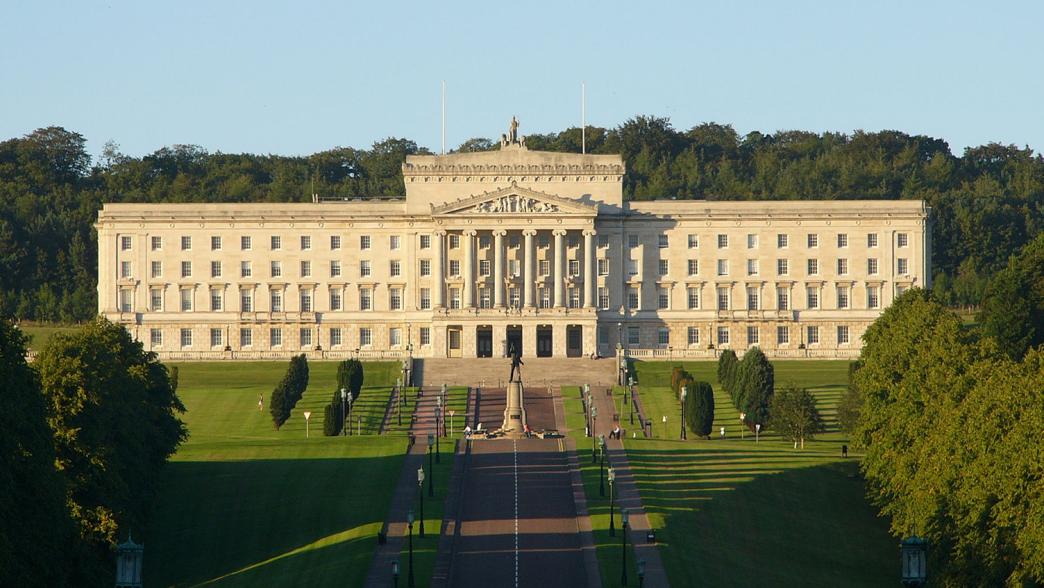Constitutional change in Northern Ireland
This guest paper explores the constitutional history of Northern Ireland, and the challenges it faces today.

This guest paper explores the constitutional history of Northern Ireland, and the challenges it faces today.

How Northern Ireland has functioned since the collapse of power-sharing in 2017.
The Institute for Government and Bennett Institute for Public Policy launch a major review of the UK constitution.
Rt Hon Chris Heaton-Harris MP discussed the governance challenges in Northern Ireland and his department's approach to restoring power-sharing.
The Northern Ireland assembly, often referred to as Stormont, is the devolved legislature of Northern Ireland.